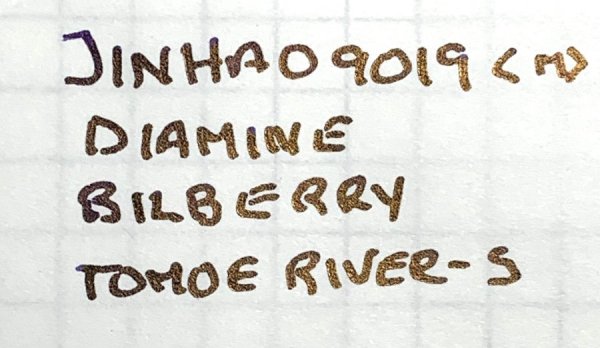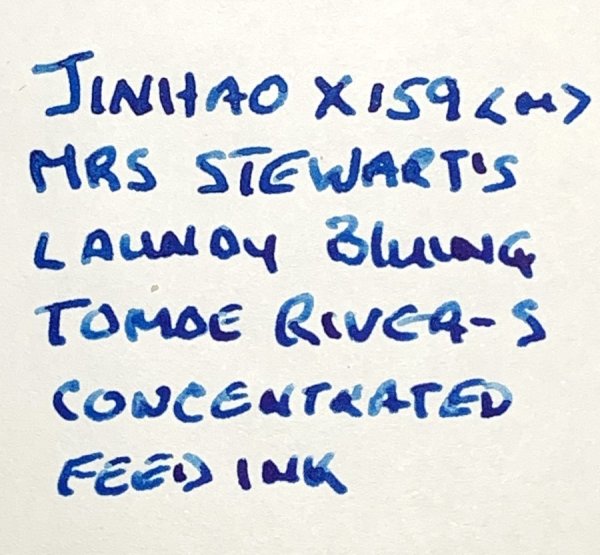Genetically Engineered Eucalyptus Trees, And The Implications For Better Fp Paper!
-
Forum Statistics
354.3k
Total Topics4.6m
Total Posts -
Member Statistics
127,278
Total Members2,585
Most OnlineNewest Member
Jerryfoche
Joined -
Images
-
Albums
-
Dan Carmell
- By Dan Carmell,
- 0
- 0
- 77
-
USG 5
- By USG,
- 0
- 0
- 83
-
gweimer1 gallery
- By gweimer1,
- 0
- 2
- 13
-
Andrew Lensky Arts
- By Andrew_L,
- 0
- 15
- 17
-
0 - Oct-Nov 2024
- By yazeh,
- 0
- 0
- 67
-













.thumb.jpg.f07fa8de82f3c2bce9737ae64fbca314.jpg)



.thumb.jpg.331e554113c33fb39d5bf3233878978a.jpg)





Recommended Posts
Create an account or sign in to comment
You need to be a member in order to leave a comment
Create an account
Sign up for a new account in our community. It's easy!
Register a new accountSign in
Already have an account? Sign in here.
Sign In Now